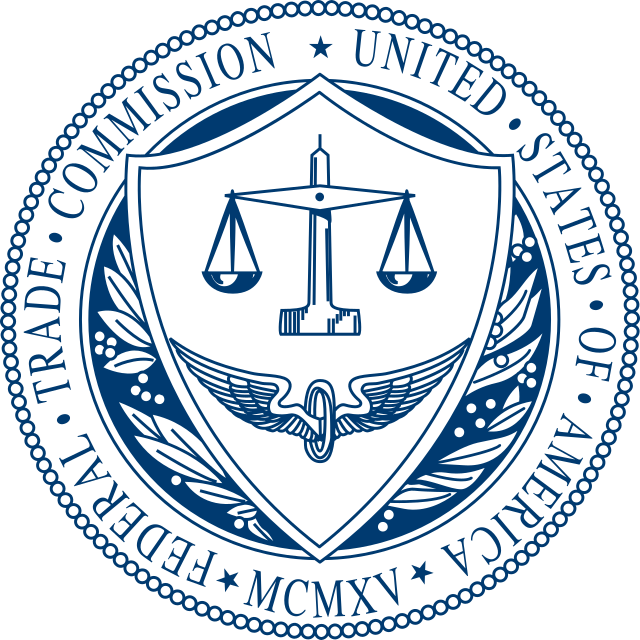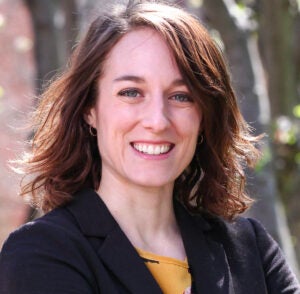Back in 2022, the term “surveillance advertising” became common parlance at the Federal Trade Commission.
But you won’t catch any of the current commissioners or key staff invoking that term anymore.
Using pejorative labels, like “surveillance advertising,” for example, “does nothing to help us understand the practice,” said Christopher Mufarrige, the newly appointed director of the FTC’s Bureau of Consumer Protection, speaking at the IAB’s Public Policy and Legal Summit in Washington, DC on Tuesday.
“This isn’t high school, you know,” said Mufarrige, who started in February. “We don’t need to name-call people or name-call practices; it’s just not very helpful.”
Don’t be ‘dogmatic’
Putting aside the fact that Mufarrige’s boss (well, his boss’s boss) is known for name-calling, his statement highlights a significant shift at the FTC under Andrew Ferguson, who was elevated to chair from commissioner by President Trump in January.
Whereas former chair Lina Khan’s FTC took an aggressive stance on enforcement and corporate regulation, the new FTC is taking a more cautious and business-friendly stance, including when it comes to targeted advertising.
“Targeted advertising, like any practice, can be good, it can be bad – it depends on how it’s used,” Mufarrige said. “We shouldn’t be dogmatic in the way we approach these things; we should use evidence to understand what’s going on in the marketplace and then choose regulatory approaches that make sense for consumers.”
And the evidence is “pretty clear,” he said, that targeted advertising can be beneficial to consumers.
“Does that mean it’s always and everywhere a great idea? Probably not,” said Mufarrige, pointing to targeting kids, for example. “But we really need to be data-driven and empirically driven.”
‘There are no solutions in life, only trade-offs’
For an economist-minded attorney like Mufarrige, being data-driven means running a cost-benefit analysis on practices to determine whether they cause real, concrete harm to consumers.
“It’s not our job to go in and prescribe certain practices for industry,” he said. “It’s our job to identify unlawful conduct that prevents consumers from making decisions that are best for themselves and their families.”
Take data sharing, for example.
The default assumption at the FTC over the past four years was that most forms of data collection and sharing are unfair and have the potential to cause significant harm to consumers. But the commission “downplayed the role of economics,” Mufarrige said, particularly when it came to privacy and targeted advertising.
“There would be a very quick pull of the trigger with regard to injury,” he said. “But there really wasn’t a robust cost-benefit undertaking to understand whether or not there were benefits to consumers or competition.”
By evaluating consumer protection through an economic lens, though, regulators can assess the real-world impact of a business practice.
“There are no solutions in life, only trade-offs,” Mufarrige said, quoting American economist Thomas Sowell. “And what we see today is that the free internet is largely in place because of the data that’s being used.”
For more articles featuring Christopher Mufarrige, click here.




















